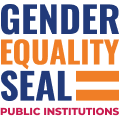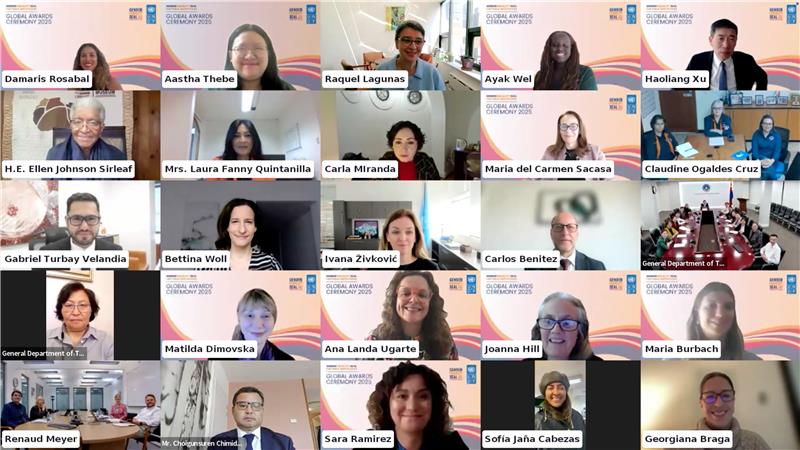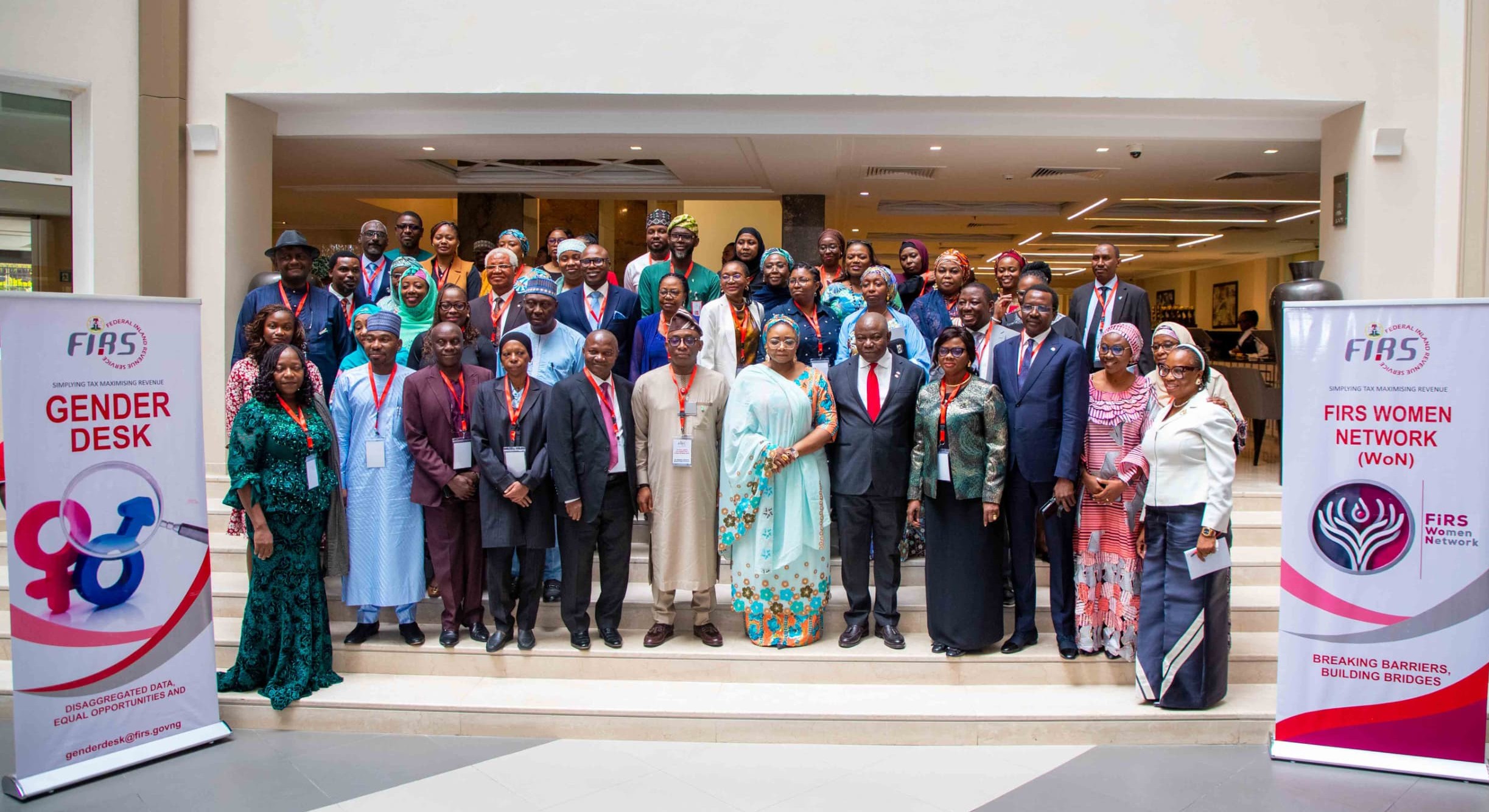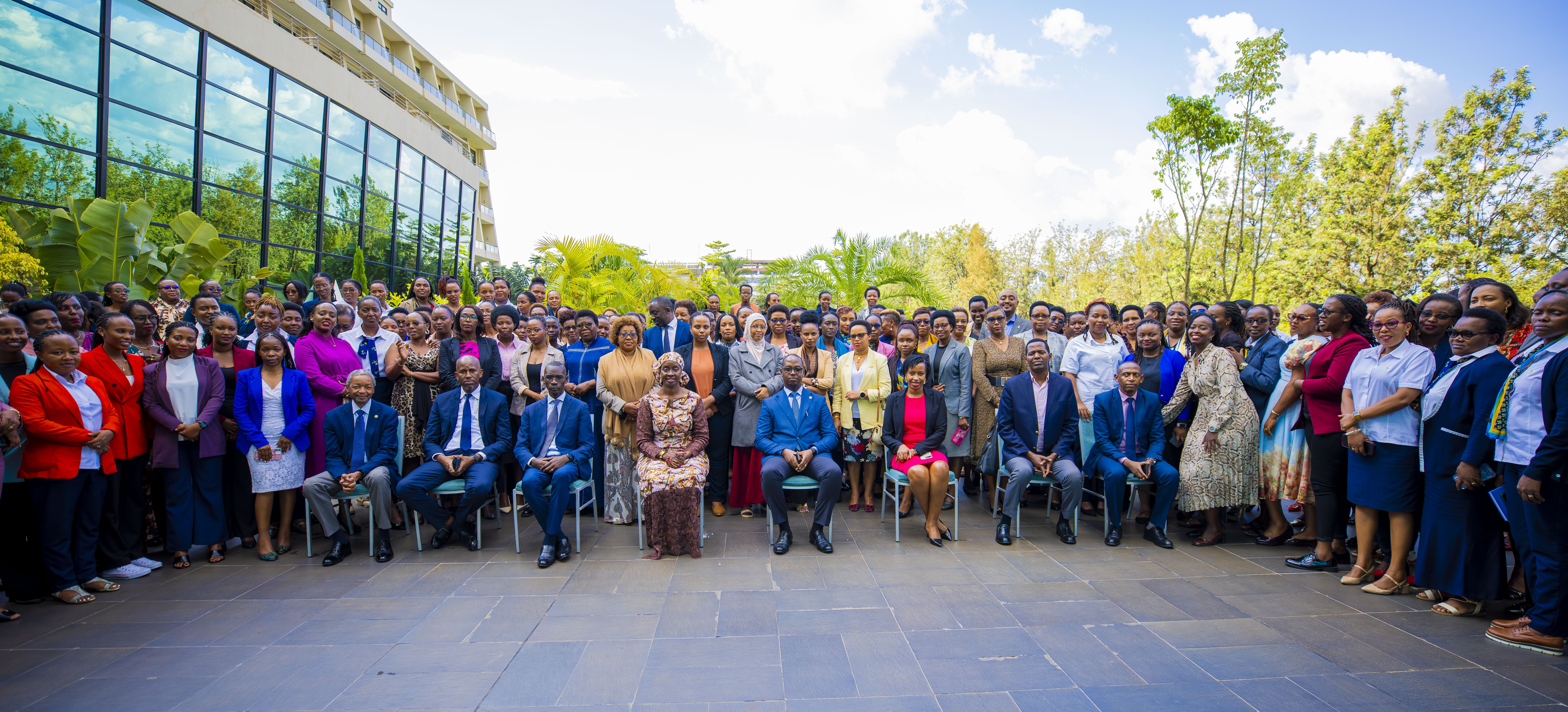UNDP’s Gender Team and Sustainable Finance Hub jointly organized a Global Dialogue on Public Finance and Tax for Gender Equality in Istanbul from 6 to 8 February. The event brought together over 180 high-level participants from over 50 countries, including government Ministers, senior policymakers from Ministries of Finance, heads of tax administrations, civil society representatives, academics, staff of international organizations and more. The overall objective was to raise awareness and deepen understanding of the importance of public finance and tax for gender equality and to jointly identify opportunities for inclusive fiscal reforms to promote gender equality.

The Dialogue built on UNDP’s long-standing experience supporting inclusive and gender-responsive governance and public finance reforms around the world, including through the recently launched Equanomics initiative, which aims to make public finance work for gender equality by focusing on taxation, gender-responsive budgeting and the institutional transformation required within relevant public institutions, especially Ministries of Finance and tax administrations. Throughout the event and its various sessions, participants heard from leading academics who are at the forefront of research on the nexus between public finance, taxation and gender equality, and learned about the efforts and experiences of countries that have already begun to reform their public finance policies, systems and processes for gender equality.

On the first day, sessions included a fireside chat with Diane Elson, a renowned scholar and researcher in the field of public finance and gender equality and a global reference on gender-responsive budgeting (GRB). She highlighted the main trends and developments in the field and emphasized the importance of adopting a holistic view of GRB that also incorporates revenue mobilization. She also spoke of the importance of developing national capacities and strengthening data systems for evidence-based policymaking.
In another session, Caren Crown, Senior Fellow at the Brookings Institution and a leading authority in the field of gender equality in development, outlined the main issues in taxation and gender equality, including explicit and implicit biases that may arise in income, consumption and property taxes, and emphasized the need to assess gender differences in fiscal incidence computations that should take into account both sides of the fiscal equation, that is taxes and expenditures (such as social transfers). She also spoke about the challenges associated with generating individualized sex-disaggregated data to inform analysis and policies.
In yet another session, representatives from various organizations, including UN Women, FEMNET and the African Tax Administration Forum (ATAF), spoke about their ongoing work in public finance for gender equality. ATAF, for example, manages the Women in Tax Network which aims to provide a platform for women in tax to collaborate and exchange ideas on issues related to the interlinkages between tax policy and gender equality.

Institutions are key to successful reforms
On the second day of the Dialogue, a special session on institutional transformation was led by Ana Landa, Global Manager of the Gender Equality Seal for Public Institutions. During the session, it was emphasized that policy ambitions cannot be detached from the institutions that are responsible for developing and implementing them; public finance policies that promote gender equality are only feasible if the relevant institutions, notably Ministries of Finance and tax administration, are equipped to deliver on gender equality and understand how their policy and service delivery mandate relates to gender equality.
In this regard, the Gender Equality Seal for Public Institutions was proposed as a blueprint and tool to support and guide the institutional transformation required. The Seal is already being implemented in over a dozen Ministries of Finance, tax administrations and other public institutions that are part of the fiscal governance machinery, with promising results. In a panel discussion during the session, three representatives from public finance institutions that are currently implementing the Seal shared their perspectives and experience so far .

Panelists explained how the Seal journey has created a deeper sense of understanding on how gender equality is related to their institutional mandate and how it has prompted institutional action for gender equality, including modifications to services and policies such as taxpayer outreach programs, research into the gender implications of the tax system, and internal changes aiming to create a better working environment for women and men.
At the end of the session, four institutions were celebrated as Emerging Gender Equality Champions for having completed Step 2 of Seal implementation (establishing a baseline through self-assessment), a key milestone on the Seal journey.












